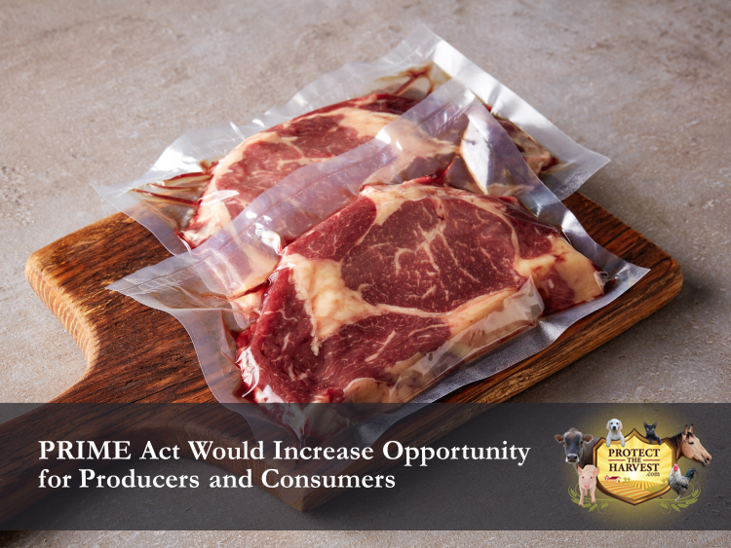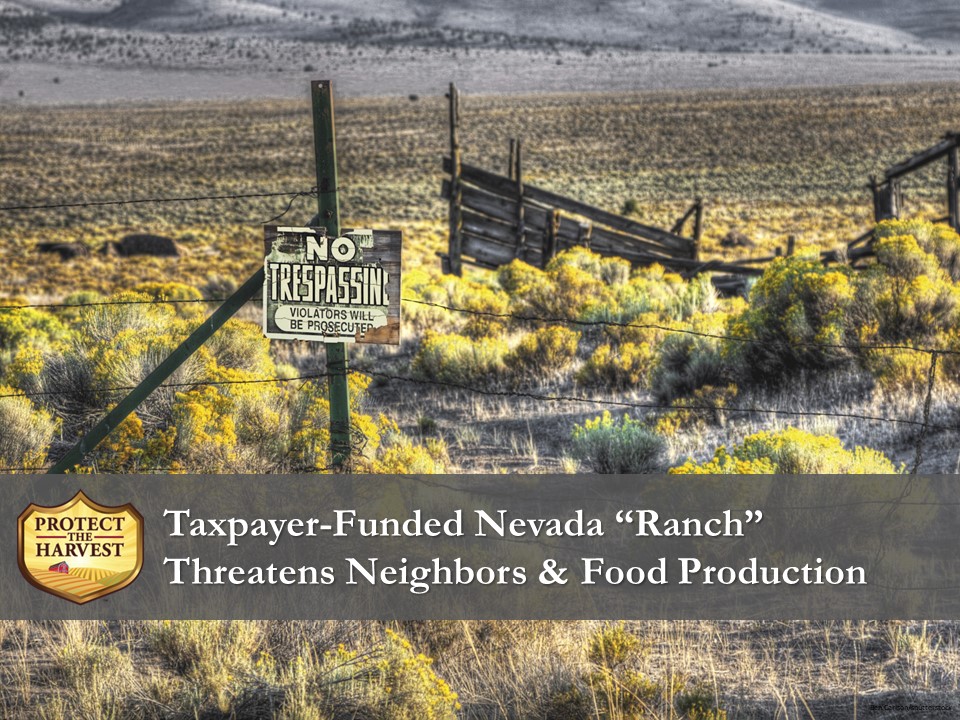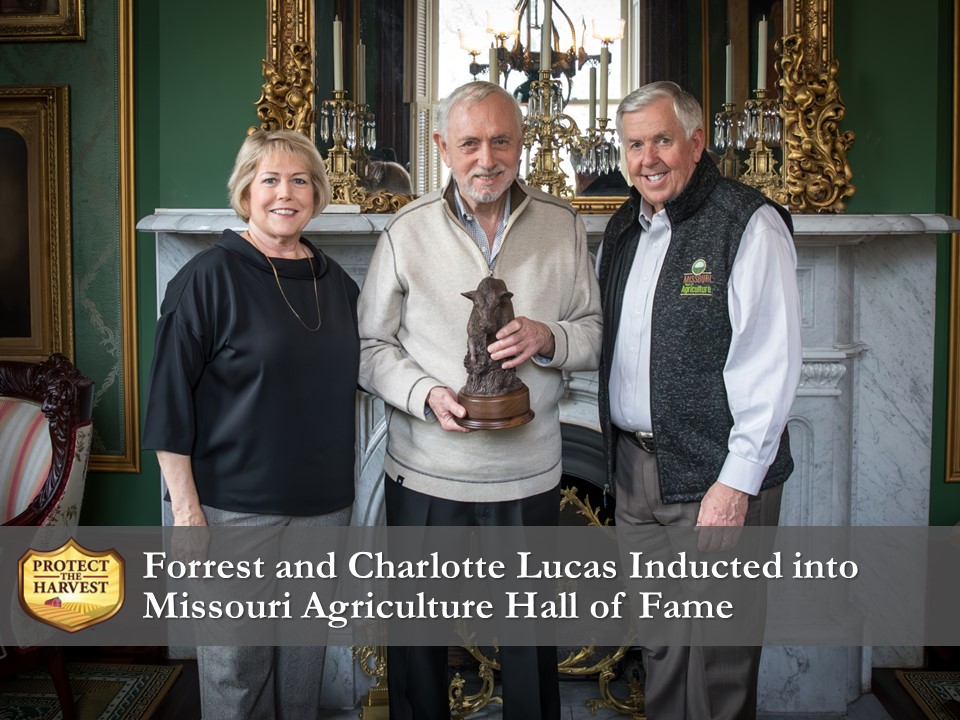
PRIME Act Reintroduced in Congress, Addresses Meat Supply Issues
The PRIME (Processing Revival and Intrastate Meat Exemption) Act was recently reintroduced in Congress by Representative Thomas Massie (R-KY) and Representative Chellie Pingree (D-ME). The bill has been introduced several times before but hasn’t gained much traction in the past. Considering how the COVID-19 crisis has greatly disrupted the agricultural world and food supply chain, the time may finally be right for the bill to pass. The pandemic has unfortunately revealed weaknesses in the existing food supply chain, powerfully demonstrating the need for a major adjustment in the system as the general public faces the reality of meat shortages.
Current Regulations Limit Meat Processing Options
Existing regulations require that all meat sold to the general public, whether through grocery stores, restaurants or other businesses, must be inspected by state or federal agents. Thus, the majority of meat in the United States has traditionally been processed through a limited number of large-scale facilities that employ full time meat inspectors. Unfortunately, this has worked to create a bottleneck effect in the meat supply chain as numerous major processing plants in the United States were closed or operating at limited capacity due to COVID-19.
Meat Shortages In Stores Not Due to Supply Shortages
The resulting shortage of meat on grocery store shelves has not been because of a lack of supply. The supply chain has been without the usual number of large-capacity inspected plants to process animals for general meat distribution. Due to this, thousands of finished meat animals that would have normally entered the food supply system were instead tragically, wastefully destroyed.
PRIME Act Relaxes Regulations, Expands Opportunities
The PRIME Act is poised to be a significant part of the solution. It would create greater opportunity and more flexibility for producers to market their products, as well as increasing access to and choice of meat products for consumers. The PRIME Act would do so by relaxing the current regulations that require the state or federal inspection of meats. These restrictions prevent meats like beef, lamb, and pork processed at custom meat processing plants from being sold to consumers, grocery stores, restaurants, hotels, and other entities that sell food.
As it now stands, producers can sell a live animal directly to a consumer. The animal can then be hauled to a custom plant to be processed, but currently the individual cuts of meat cannot legally be sold by producer or consumer.
For example, in agricultural areas it is common for people to order a quarter, half, or whole beef directly from a producer. However, people in more urban areas without immediate access to producers, meat animals, and custom processing facilities, do not normally have this opportunity. In addition, having the freezer storage space for such large quantities of meat can be a challenge for the average consumer.
Relaxing Regulations Does NOT Mean Compromising Quality, Safety
It is very important to note that the passing of the PRIME Act would not mean sacrificing meat quality or safety. The USDA regularly performs unannounced inspections on custom plants, holding them to the same standards as their larger counterparts. Quite simply, the biggest plants have been the ones supplying meat to the nation simply because they can afford the expense of having a USDA inspector on site at all times.
There are over 1,000 small custom plants in the US, many of which are family owned businesses. In addition to increasing options for producers and consumers, the passing of the PRIME Act would create opportunity for many more custom plants to open and operate. In a time when consumers are especially concerned with where their food originates, how it is raised, and how it gets to their table, the PRIME Act would help provide what is largely a missing link in the current system.



